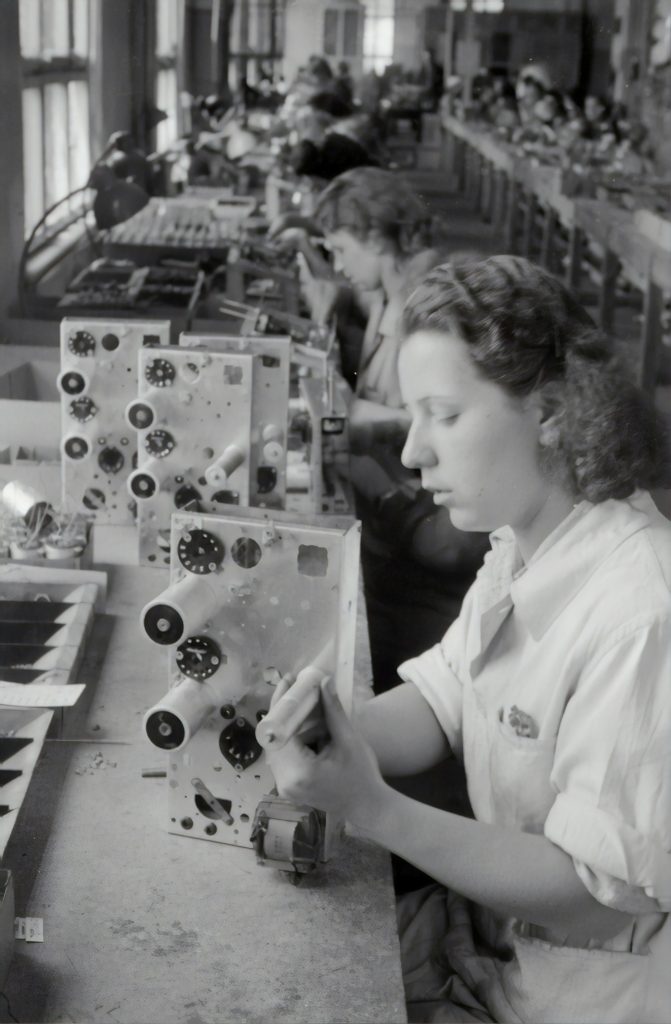[FR] Rooting Europe: A Reading of Simone Weil

French philosopher Simone Weil (1909–1943) grew up in an agnostic family of Jewish descent. Deeply inspired by the figure of Christ, she nevertheless refused throughout her life to formally convert to Catholicism. Simone Weil had fragile health from childhood, but this did not prevent her from constantly challenging her own physical strength. Seeking to share the misfortune of others, she turned physical suffering into a quest for redemption. One need only mention her final days, which biographers describe as spent in despair: suffering from tuberculosis, she died of heart failure, caused in part by severe malnutrition. Her refusal to eat was a deliberate act of compassion towards the most unfortunate French people.
It must be said that for Weil, this gesture was not insignificant, and it would be simplistic to interpret it as a pure hunger strike. For this philosopher, the notion of hunger has a strong symbolic meaning, given the fundamental place that its counterpoint – the idea of food – had in her thinking. This notion is particularly central to her major, though unfinished, work, The Outcasts of the Earth (1943), which summarises the themes that were close to her heart and which she developed throughout her work: work, religion, violence, criticism of colonialism and historical and political reflection.
Camus described L’Enracinement as a ‘true treatise on civilisation’, shedding ‘a powerful light on the abandonment in which Europe finds itself’ in the early 1940s. Heeding his advice, we examine several of this philosopher’s ideas in order to shed some light on how trade is conducted today and how it can affect local cultures in the context of globalisation.




